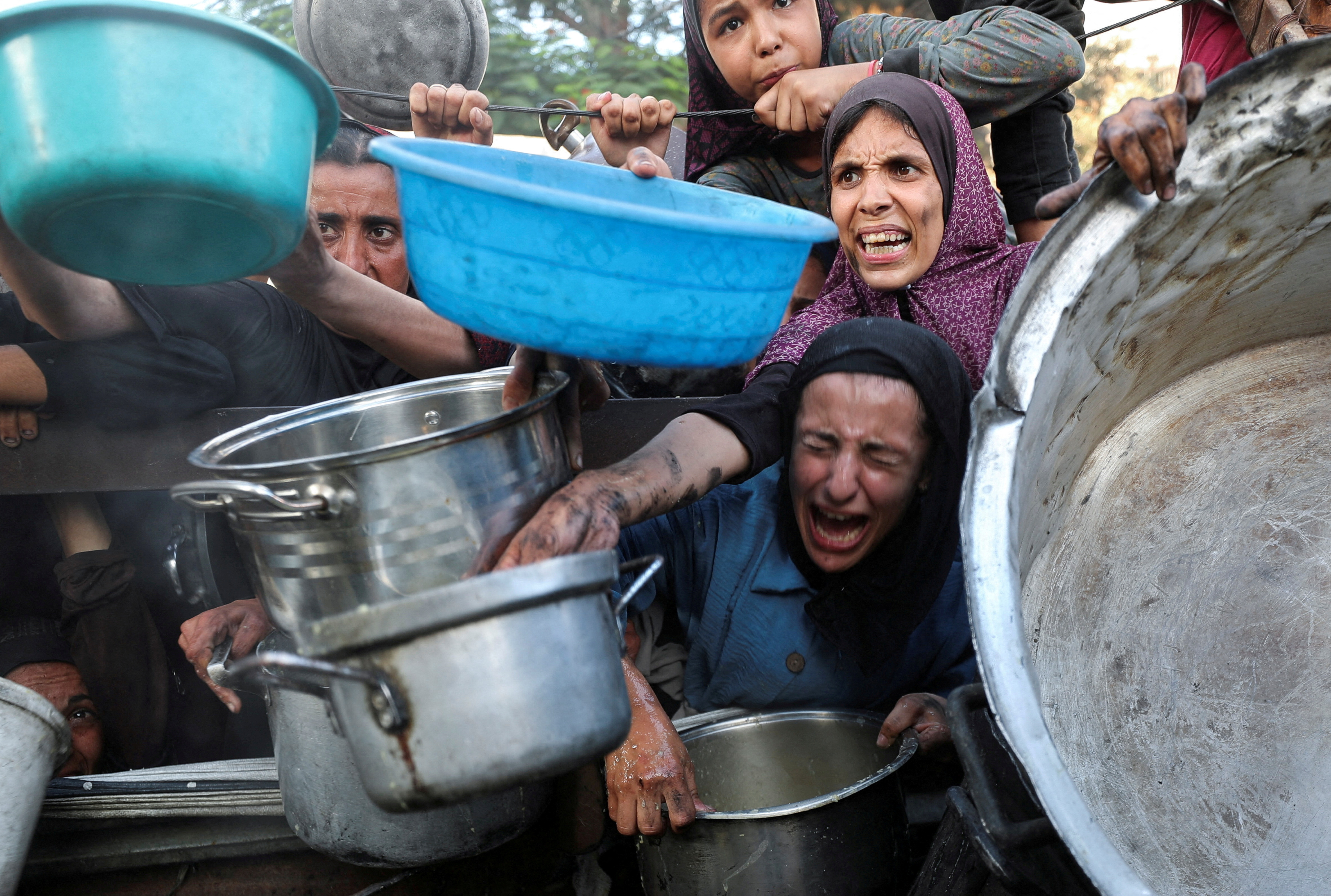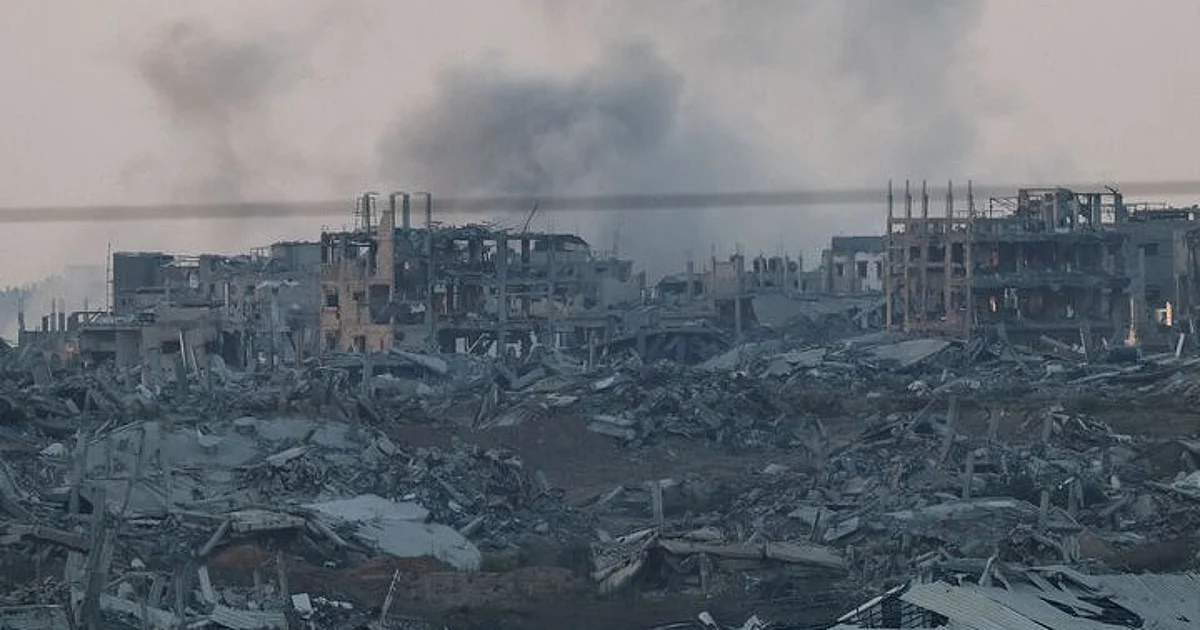Hamas Stands Firm: No Truce Without Permanent Ceasefire Commitment

Hamas has reiterated its stance that it will not agree to an interim truce with Israel unless there is a clear commitment toward a permanent ceasefire and a complete end to the ongoing war in Gaza. The announcement, made by Abu Obeida, spokesperson for Hamas's armed wing, emphasizes the group's unwillingness to engage in partial deals without assurances of a lasting resolution.
Abu Obeida: Israel Rejected Comprehensive Deal

According to Abu Obeida, Hamas has repeatedly proposed a comprehensive deal that would involve the release of all hostages held in Gaza in exchange for a permanent ceasefire. He claims that Israel has consistently rejected this proposal, contributing to the current deadlock in negotiations.
Negotiations Deadlocked Amidst Ongoing Disputes
Talks mediated by Qatar, Egypt, and the United States have been ongoing for more than 10 days, focusing on a U.S.-backed proposal for a 60-day truce. However, these talks remain deadlocked due to disagreements over key issues. These include the extent of Israeli army withdrawals, the mechanisms for delivering humanitarian aid into Gaza, and, most importantly, guarantees for an eventual end to the war.
Israel Insists on Disarmament and Expulsion of Hamas Leaders

Prime Minister Benjamin Netanyahu's office responded to Hamas's statements, asserting that Israel's efforts to secure a hostage release deal and a 60-day ceasefire "have so far not been reciprocated by Hamas." Israel maintains that the war will only conclude once Hamas is disarmed and its leaders are expelled from Gaza, a condition Hamas is unlikely to accept.
Details of the Proposed 60-Day Deal

The U.S.-backed proposal currently on the table involves a phased release of hostages. Under the proposal, Hamas would release 10 living hostages and the bodies of 18 deceased hostages over a 60-day period. In return, Israel would release an unspecified number of detained Palestinians. The specifics of who would be released and under what conditions remain a significant point of contention.
Hamas Warns of No Return to Partial Deals

Adding to the complexity, Abu Obeida warned that if Israel "remains obstinate and evades this round," Hamas cannot guarantee a return to partial deals or the specific proposal concerning the 10 captives. This statement suggests a hardening of Hamas's position and a potential shift towards demanding a comprehensive agreement upfront.
Dire Humanitarian Crisis Grips Gaza

The ongoing conflict continues to exacerbate the humanitarian crisis in Gaza. The UN Office for the Coordination of Humanitarian Affairs (OCHA) reported that daily hostilities, preventable deaths, worsening fuel shortages, displacement, and desperation are creating conditions of mass deprivation for Gazans. Health authorities in Gaza report that over 58,600 Palestinians have been killed and 139,974 injured during Israel's campaign in Gaza.
Key Events Leading to the Current Stalemate

Several key events have shaped the current situation. On July 18, 2025, Abu Obeida delivered a televised speech outlining Hamas's firm stance on a permanent ceasefire and accusing Israel of rejecting a comprehensive deal. Prior to this, over the preceding 10 days, intensive mediated talks involving Qatar, Egypt, and the US were underway in Qatar, focusing on the 60-day truce proposal. The conflict itself was triggered by the Hamas attack on southern Israel on October 7, 2023, which resulted in the deaths of approximately 1,200 Israelis and foreign nationals.
Key Stakeholders in the Conflict

Several key stakeholders are involved in the conflict. Hamas, led by figures like Abu Obeida, insists on a permanent ceasefire and Israeli withdrawal as conditions for any comprehensive agreement. Israel, under Prime Minister Benjamin Netanyahu, seeks the release of hostages and the disarming of Hamas. Mediators, including Qatar, Egypt, and the United States, are attempting to bridge the gap between the two sides. The Palestinian people in Gaza are enduring a severe humanitarian crisis, while families of Israeli hostages are actively campaigning for their release.
Potential Consequences of the Stalemate

The current stalemate carries significant potential consequences. Hamas's insistence on a permanent ceasefire, coupled with Israel's determination to dismantle Hamas, creates a deep impasse, raising concerns of a prolonged and intensified conflict. The failure to reach an agreement exacerbates the already dire humanitarian situation in Gaza, with the UN warning of "catastrophic hunger." Mediators are reportedly frustrated with the slow pace of negotiations, and both Hamas and Israeli leaders face intense internal pressure regarding the terms of any potential deal. The risk of further escalation remains high, with Hamas signaling its readiness for a "protracted confrontation."